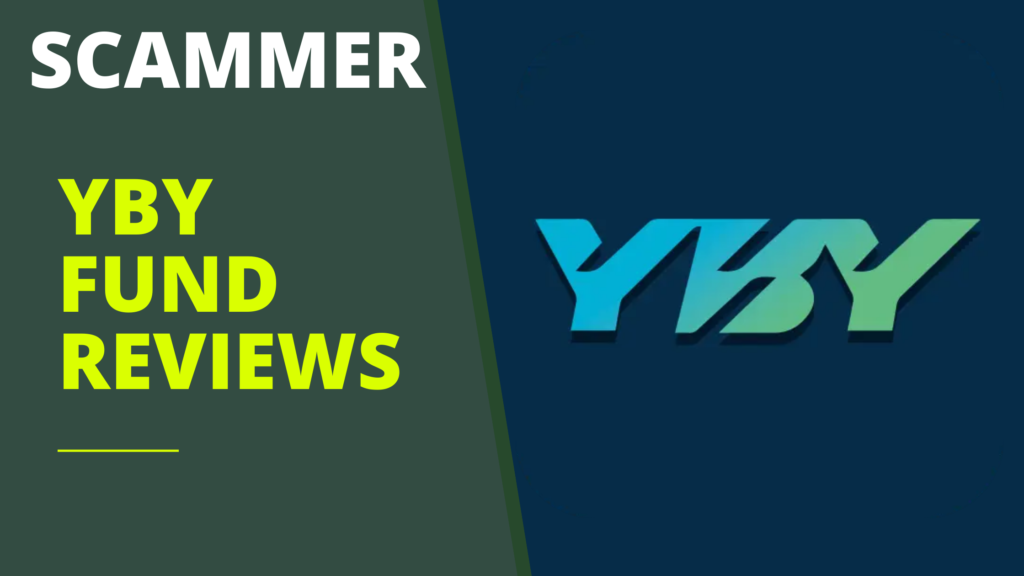In today’s dynamic job market, leveraging your expertise into a profitable income stream through consulting or coaching has never been more accessible. Whether you have years of experience in a specific industry or possess unique skills and knowledge, turning that expertise into a consulting or coaching business can offer both financial rewards and personal fulfillment. This guide will explore the steps you can take to transform your expertise into a successful consulting or coaching venture.
Understanding Consulting vs. Coaching
Before diving into the steps to become a consultant or coach, it’s essential to understand the difference between the two roles:
- Consulting: Consultants typically provide expert advice and solutions to organizations or individuals facing specific challenges. They analyze issues, recommend strategies, and may even help implement solutions. Consultants often work with businesses to improve processes, increase efficiency, or develop strategies for growth.
- Coaching: Coaches focus on guiding individuals toward achieving personal or professional goals. They work collaboratively with clients to help them identify their objectives, overcome obstacles, and develop skills or strategies for success. Coaching is often more about personal development and less about providing direct solutions.
Understanding these distinctions will help you determine which path aligns more with your skills and interests.
Identifying Your Niche
The first step in turning your expertise into a consulting or coaching business is to identify your niche. This involves recognizing your strengths and areas of knowledge that can provide value to potential clients.
Steps to Identify Your Niche
- Assess Your Skills and Experience: Consider the areas in which you have significant experience or specialized knowledge. What problems have you solved in your career? What skills do people frequently seek your advice on?
- Research Market Demand: Investigate market trends and identify gaps in the services currently offered. This can involve looking at online forums, social media groups, and industry publications to see where there’s demand for expertise.
- Define Your Target Audience: Determine who your ideal clients are. Are they small business owners, corporate executives, job seekers, or individuals seeking personal growth? Understanding your target audience will guide your marketing efforts and service offerings.
- Create a Unique Selling Proposition (USP): Differentiate yourself from competitors by developing a unique selling proposition that highlights what makes your consulting or coaching services distinct. This could be your methodology, experience, or specific results you can deliver.
Building Your Brand
Once you have identified your niche, the next step is to build your brand. A strong brand establishes your credibility and attracts potential clients.
Steps to Build Your Brand
- Create a Professional Website: Your website serves as your online portfolio, showcasing your expertise, services, testimonials, and case studies. Ensure it is user-friendly, visually appealing, and optimized for search engines (SEO).
- Leverage Social Media: Utilize social media platforms to share valuable content related to your niche. This could include articles, videos, infographics, or tips. Engaging with your audience helps establish your authority and encourages potential clients to reach out.
- Develop Content: Start a blog or create educational videos that provide insights into your area of expertise. Content marketing helps build trust and establishes you as an authority in your field.
- Network and Collaborate: Attend industry events, workshops, and conferences to network with potential clients and other professionals. Collaborating with other experts can also enhance your credibility and expand your reach.
Setting Up Your Consulting or Coaching Business
With your niche identified and your brand established, it’s time to set up the operational aspects of your consulting or coaching business.
Steps to Set Up Your Business
- Choose Your Business Structure: Decide on the legal structure of your business (sole proprietorship, LLC, corporation) and register it accordingly. This may involve obtaining necessary licenses or permits, depending on your location and industry.
- Develop Your Services and Pricing: Clearly define the services you will offer, whether it’s one-on-one coaching sessions, group coaching, workshops, or consulting packages. Research competitor pricing to determine competitive yet profitable rates.
- Create a Business Plan: Outline your business goals, target audience, marketing strategies, and financial projections in a business plan. This document will serve as a roadmap for your business and help you stay focused.
- Set Up Administrative Processes: Establish systems for scheduling appointments, invoicing clients, and managing finances. Consider using software tools that can streamline these processes.
Marketing Your Consulting or Coaching Business
To attract clients and grow your business, you’ll need to implement effective marketing strategies.
Steps to Market Your Business
- Utilize Content Marketing: Continue to create valuable content that addresses your target audience’s pain points. This not only attracts potential clients but also builds trust in your expertise.
- Network and Build Relationships: Attend networking events, industry conferences, and workshops. Building relationships with potential clients and referral sources is key to growing your business.
- Offer Free Workshops or Webinars: Hosting free workshops or webinars allows you to showcase your expertise while providing value to attendees. This can lead to new clients who are impressed with your knowledge and coaching style.
- Collect Testimonials and Case Studies: As you work with clients, gather testimonials and document successful case studies. Positive feedback will enhance your credibility and serve as powerful marketing tools.
- Leverage Online Platforms: Consider using platforms like LinkedIn, Facebook, or Instagram to promote your services. Online communities and groups can also be great places to share your expertise and connect with potential clients.
Scaling Your Business
Once you’ve established your consulting or coaching practice and built a steady client base, consider ways to scale your business.
Strategies for Scaling
- Expand Your Service Offerings: As you gain experience and understand client needs, consider expanding your services. This could include developing online courses, writing e-books, or offering group coaching sessions.
- Build a Team: As demand grows, consider hiring additional consultants or coaches to help you manage your workload and serve more clients effectively.
- Develop Passive Income Streams: Create products such as online courses, workshops, or downloadable resources that can be sold to generate passive income alongside your consulting or coaching services.
- Continue Learning: Stay updated on industry trends, techniques, and best practices. Continuing education can enhance your expertise and improve your offerings.
Conclusion
Turning your expertise into income through consulting or coaching is a rewarding journey that can lead to financial independence and personal fulfillment. By identifying your niche, building a strong brand, and implementing effective marketing strategies, you can create a successful consulting or coaching business that helps others while allowing you to thrive.
With dedication, persistence, and a commitment to continuous learning, you can establish yourself as a trusted expert in your field and enjoy the benefits of a fulfilling career that aligns with your passions. Embrace the opportunity to share your knowledge and make a positive impact on others’ lives while building a profitable business.









